
Dr. Jakub KOREJBA(*)
This is the text of the speech delivered by Dr. Jakub Korejba on 26 November 2024 at the academic conference titled “30th Anniversary of Azerbaijan’s Accession to the PfP Programme” in Baku.
For last three decades NATO and Azerbaijan have demonstrated an efficient and constructive partnership that can be measured by the fact that none of the sides have engaged in a conflict against each other. This is a fact worth underlying because times were turbulent, temptations were numerous, and the region concerned (South Caucasus) remains “interesting”. I use “interesting” in a geopolitical way, which usually means being an object of great powers’ activities, inspirations, and interventions.
NATO and Azerbaijan never perceived each other as security challenges, let alone enemies and never engaged in any initiative, formalized or not, against each other (unlike like your neighbor Armenia, who is a member of a security organization whose leading power has declared NATO main threat to its security). Relations were realistic (we know what to expect from each other and what not to expect), stable (and not situational or instrumental like in many other cases in the post-Soviet space), and based on common interests. The common interests are peace, stability, and prosperity that would sound trivial if not the fact that what we see in several regions around are war, chaos, and poverty.
NATO-Azerbaijan partnership of the last 30 years is a success story and we have good reasons to celebrate. At the same time, in the years to come, our relationship will be exposed to certain challenges that will require both conceptual and logistical effort to face. Those risks are each of a different nature, and will come from three different structural levels.
Firstly, the internal level, that is to say, from inside NATO itself. The transatlantic relationship nowadays is tense, complicated and exposed to multiple conflicts of interest both inside each country and between the member-states. The old consensus between the US and Europe is broken and the new one is under construction that will take time to complete. The discussion on how to define threats, how to share responsibility, how and where to react is ongoing, and given the difference of approaches between decision makers, we are not close to a solution in the form of a consistent strategy towards external partners. We do not know how to deal with our enemies, who directly threaten some of the member-states with nuclear attack, let alone our partners and friends. There are fundamental differences between the US and Europe but also between American administrations, between Western and Eastern Europe, between European governments and inside each country. All that makes today’s NATO an uneasy partner and I think, we shall thank Azerbaijan for its strategic patience and understanding.
Secondly, the regional level. NATO-Azerbaijan partnership is operating in a specific space that includes regions of increased risk. South Caucasus presents less security challenges than it used to before the liberation of Karabakh, but the relationship between Azerbaijan and Armenia is still not defined and may theoretically deteriorate into a conflict. Unresolved territorial conflicts in Abkhazia and South Ossetia may be de-frosted any time Moscow perceives it as a rational scenario as it did with Donbass in 2022. NATO’s Eastern Flank is under a hybrid attack and additionally, there is a kinetic conventional war right on the other side of the border. Central Asia is under a constant pressure both from the former imperial center and from within and given the Afghan factor, the stability of the existing order inside states and between them may be put into question. Black Sea, a region crucial for the connectivity between Azerbaijan and NATO is in fact a theatre of war. Iran, especially starting from January next year, may also present certain challenges. Situation in all those regions affects Azerbaijan and NATO-member states to varying degrees and in different domains, but each one of them may potentially present a substantive security risk to both sides and therefore requires attention and -in an optimal variant- mutual response or at least coordination to avoid misunderstandings.
The third risk that we must face comes from the global level of the international system. The framework and context of our cooperation is changed by structural forces that we neither initiate nor control, which means that formats and approaches designed for the old structure may show themselves inefficient or even counterproductive or provocative inside a new structure. China and the US both declare that they intend to avoid a global clash and at the same time they both take decisions that put them on a collision course making the new global rivalry with its divisions, zones of influence, areas of conflicts, and proxy wars inevitable. This confrontation is seemingly led by forces more powerful than a will of this or that individual, group or institution in Washington and Beijing and makes us all, in Europe, South Caucasus, and in all other strategically interesting regions affected by the Sino-American confrontation. None of us, here or in Europe is able to convince Beijing or Washington not to do what they do, because according to their own perception and calculation, they are inside a zero-sum game. In these circumstances, our task is, to my mind, to avoid seeing our countries and our regions being transformed into an arena of this confrontation. If it has to happen, let it happen somewhere else. And let us try not to find ourselves on the different sides of this process. The Partnership for Peace program (PfP) may serve as a useful mechanism for consultations, but it needs adjustments.
To sum up, in my opinion, in the coming years the above-mentioned factors of global, regional, and internal character will shape relations between NATO and Azerbaijan towards a closer one. Obviously, if it happens, it will not be a result of theoretical speculations but of a political will conditioned by national interests expressed by sovereign choices. One thing can be stated for sure: the NATO-Azerbaijan relation is an element of an order and will remain as such, resulting in peace, stability, and prosperity of our countries. And this is not a neglectable result given the number of challenges both sides are exposed to. We live in peaceful, stable and progressing countries, which is not a fact for many of our neighbors. This fact alone is a good reason to thank each other and celebrate.
As political scientists dealing with security, we are professional pessimists. Our job is to prepare decision-makers and societies for the worst possible scenario. We are fatalists by nature and alarmists by profession. Studying wars, threats, risks and conflicts, every day for many years, often results in a deeply pessimistic perception of the international system. Personally, it often happens to me to think that the world is a deeply bad place, and I suppose that many of you share this experience. But the relations with Azerbaijan bring hope. These relations demonstrate that it is possible to constructively cooperate despite all the differences and obstacles. Every visit to Baku permits one to experience the vibrant optimism, relentless dynamism, and creativity of this nation. Being here and looking around empirically proves that making the world a better place is actually possible. Having stable, responsible, dynamic and progress-oriented partners such as Azerbaijan is not just a political asset. It is also, above all, a source of intellectual satisfaction and spiritual relief that people, nations, and states are able to produce good relations. The fundamentals of these relations were constructed and given to us by previous generations. The task of our generation is not to lose it. To keep it, develop it, to make it fruitful for our nations and to give examples to others. Listening to you here today, I am deeply convinced that we will get the job done.
* Jakub Korejba graduated from Warsaw University (Institute of International Relations, 2009). Lecturer at MGIMO University in Moscow (2010-2015). Holds Ph.D degree (Problems of European Policy in Russia-Ukraine Relations, 2013). Journalist with several Polish newspapers and Russian TV stations. Dr. Korejba joined AVİM as a Non-resident Fellow in October 2023.
© 2009-2025 Avrasya İncelemeleri Merkezi (AVİM) Tüm Hakları Saklıdır
Henüz Yorum Yapılmamış.
-
 THE ORGANIZATION OF TURKIC STATES – A LONG EXPECTED ALTERNATIVE FOR CENTRAL ASIA - 29.03.2024
THE ORGANIZATION OF TURKIC STATES – A LONG EXPECTED ALTERNATIVE FOR CENTRAL ASIA - 29.03.2024
Jakub KOREJBA 29.03.2024 -
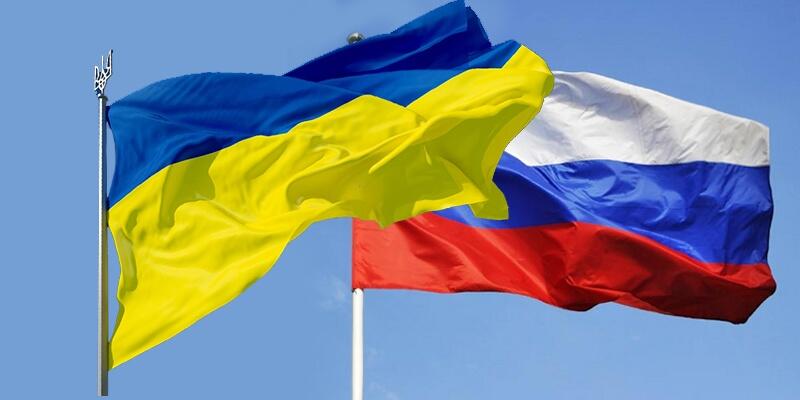 RUSSIA AND UKRAINE’S NEW RELATIONS: EVOLUTION THROUGH CONFRONTATION - 25.06.2024
RUSSIA AND UKRAINE’S NEW RELATIONS: EVOLUTION THROUGH CONFRONTATION - 25.06.2024
Jakub KOREJBA 25.06.2024 -
 NATO-AZERBAIJAN: SUCCESSFUL PARTNERSHIP FOR TURBULENT TIMES - 28.11.2024
NATO-AZERBAIJAN: SUCCESSFUL PARTNERSHIP FOR TURBULENT TIMES - 28.11.2024
Jakub KOREJBA 02.12.2024 -
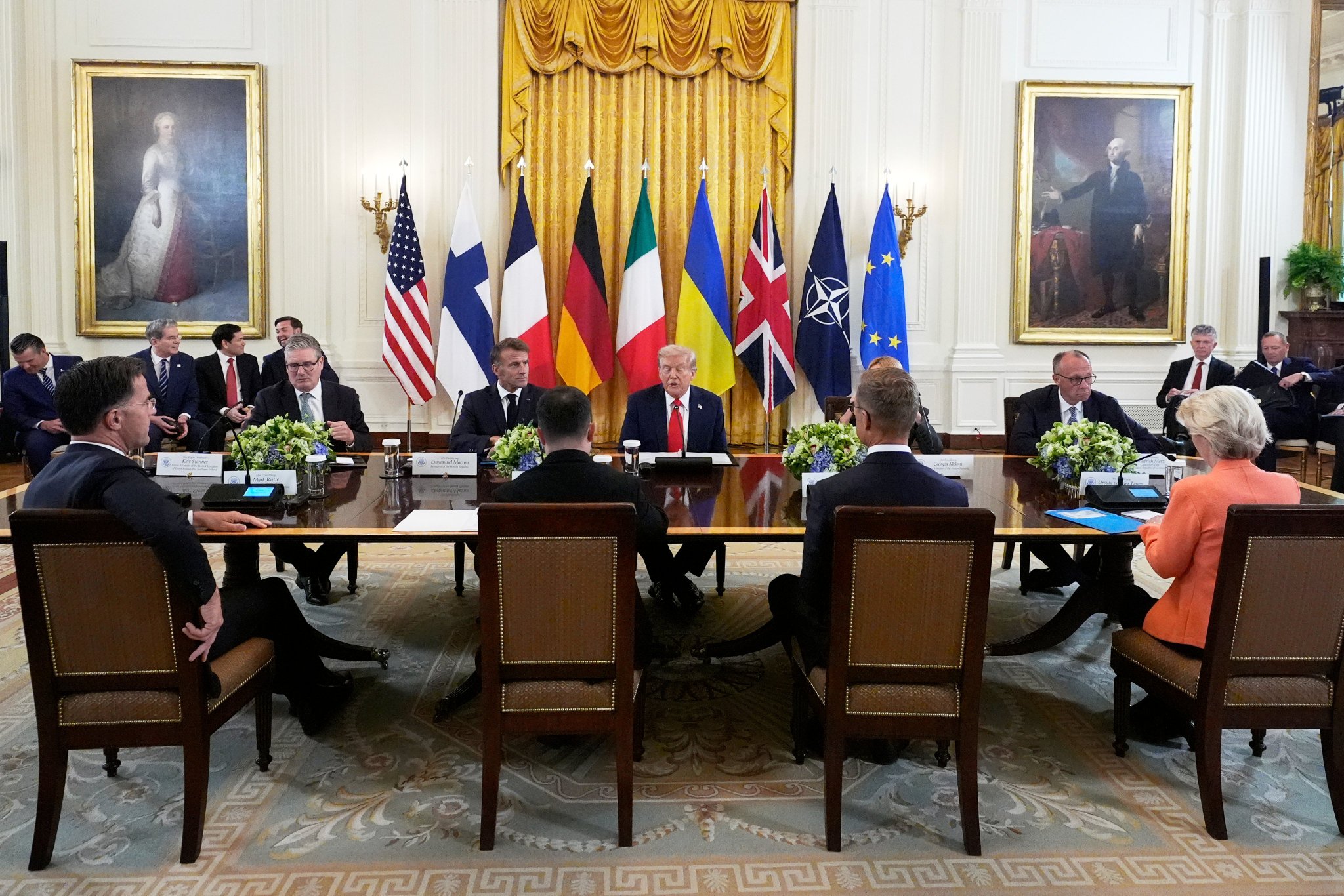 MEETING IN WASHINGTON - A LESSON OF REALISM - 22.08.2025
MEETING IN WASHINGTON - A LESSON OF REALISM - 22.08.2025
Jakub KOREJBA 25.08.2025 -
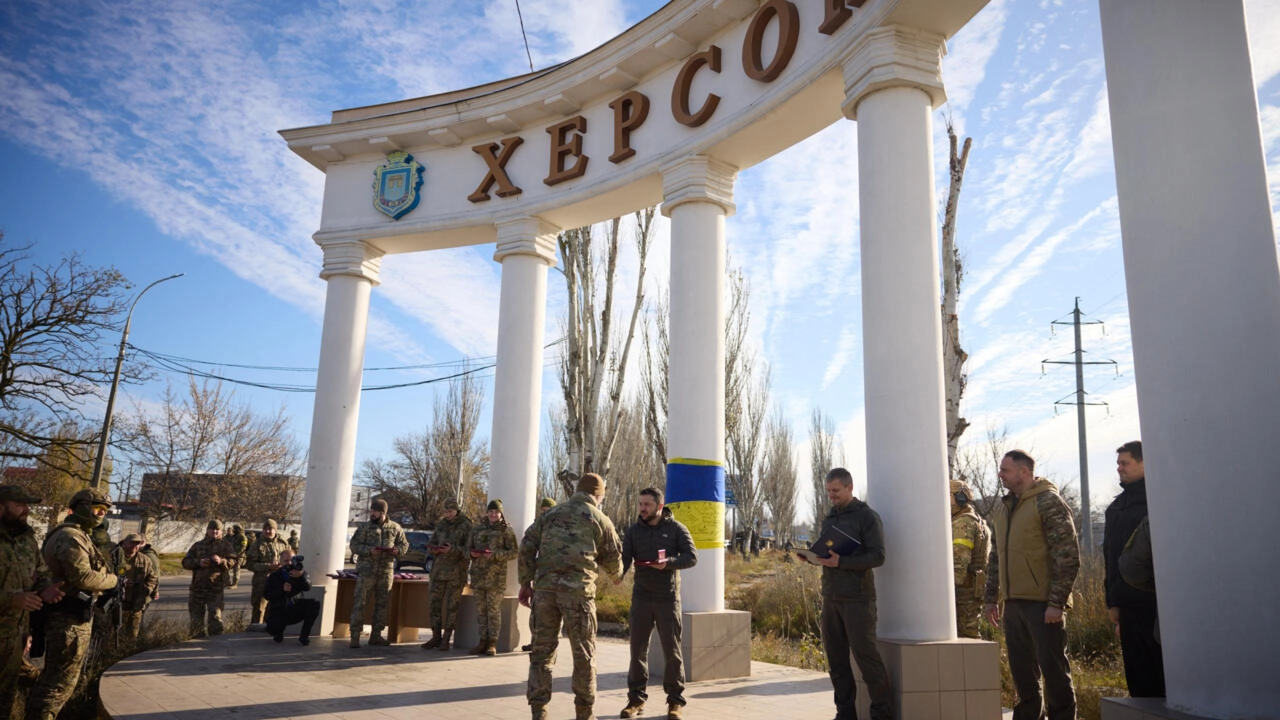 THE LIBERATION OF KHERSON BY UKRAINE - A GLORIOUS BUT TRICKY TURNING POINT OF THE WAR - 01.12.2022
THE LIBERATION OF KHERSON BY UKRAINE - A GLORIOUS BUT TRICKY TURNING POINT OF THE WAR - 01.12.2022
Jakub KOREJBA 01.12.2022
-
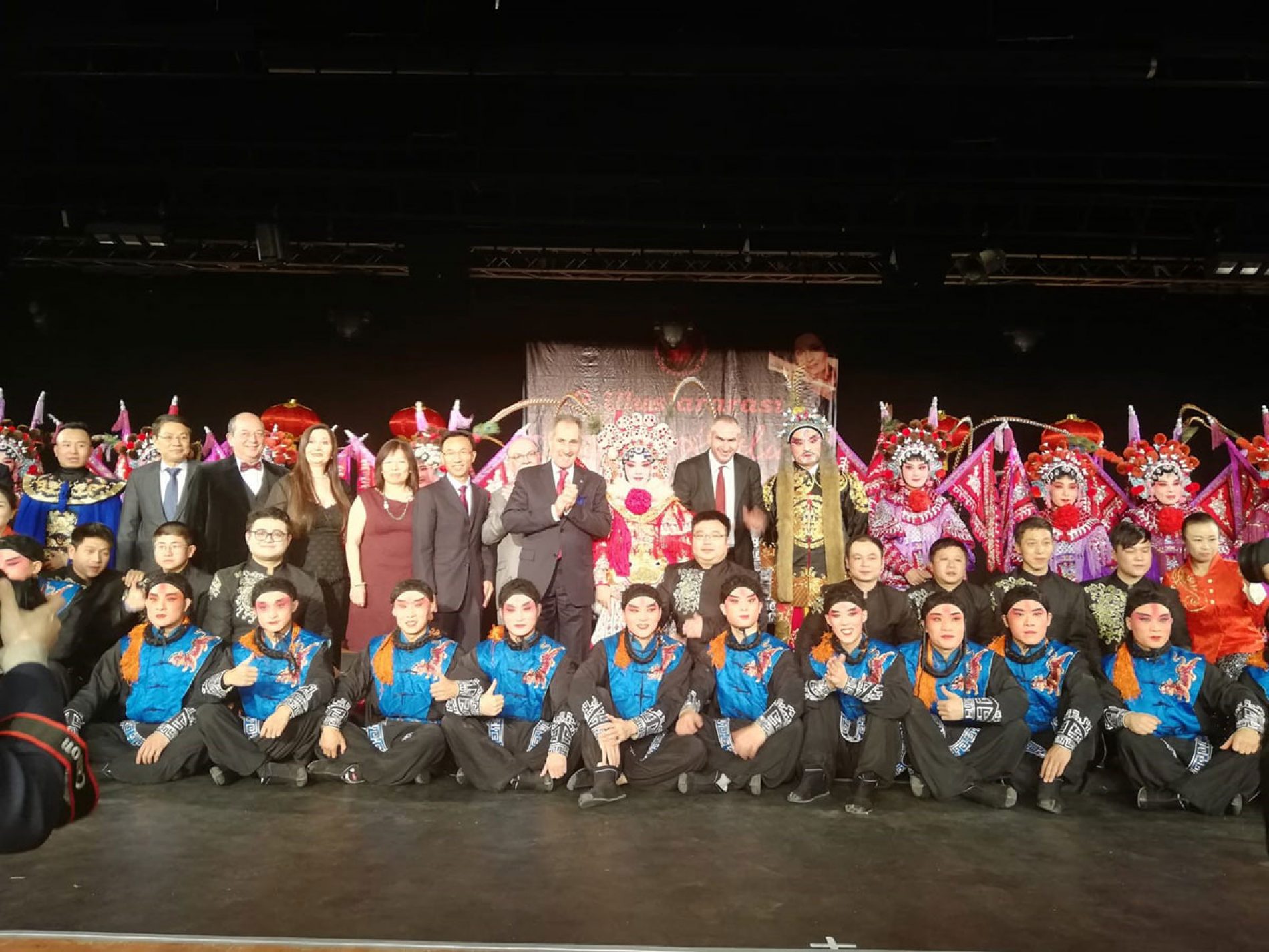 TÜRKİYE-ÇİN TİCARETİNE HANIMELİ
TÜRKİYE-ÇİN TİCARETİNE HANIMELİ
Yurdagül ATUN 10.10.2019 -
 HYBRID THREATS: ANALYSIS OF CONTENT, CHALLENGES POSED AND MEASURES TO OVERCOME - LITHUANIAN ANNUAL STRATEGIC REVIEW 2017-2018 VOLUME 16 – 11.01.2019
HYBRID THREATS: ANALYSIS OF CONTENT, CHALLENGES POSED AND MEASURES TO OVERCOME - LITHUANIAN ANNUAL STRATEGIC REVIEW 2017-2018 VOLUME 16 – 11.01.2019
Eitvydas Bajarunas and Vytautas Kersanskas 22.01.2019 -
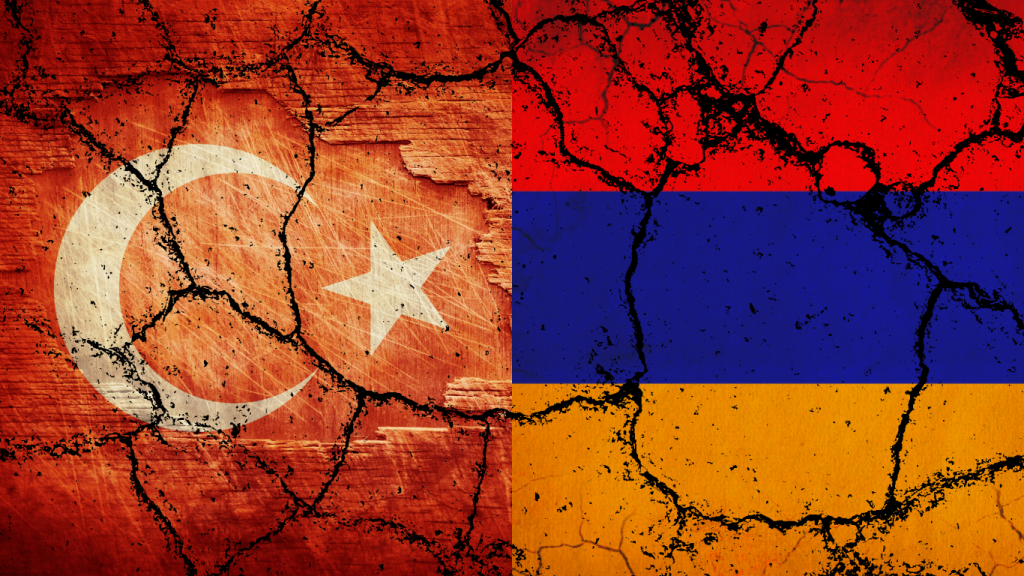 TÜRKİYE-ERMENİSTAN: ''BİZ'' DİYEBİLMENİN YOLLARINI AÇMAK - YETKİN REPORT - 20.04.2022
TÜRKİYE-ERMENİSTAN: ''BİZ'' DİYEBİLMENİN YOLLARINI AÇMAK - YETKİN REPORT - 20.04.2022
Özdem SANBERK 22.04.2022 -
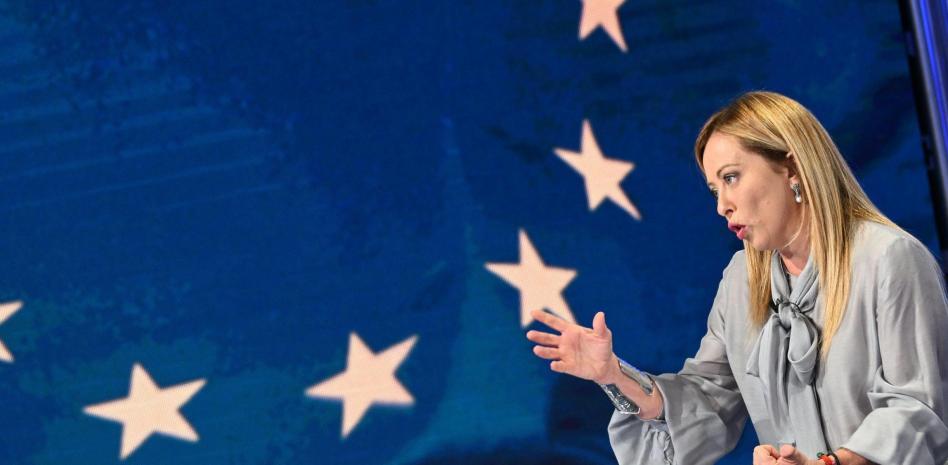 GIORGIA MELONI AND THE FUTURE OF EUROPE - 03.10.2022
GIORGIA MELONI AND THE FUTURE OF EUROPE - 03.10.2022
Jakub KOREJBA 03.10.2022 -
 A YEAR IN REVIEW: AZERBAIJAN IN 2017- EURASIA DAILY MONITOR VOLUME: 15 ISSUE: 10- 23.01.2018
A YEAR IN REVIEW: AZERBAIJAN IN 2017- EURASIA DAILY MONITOR VOLUME: 15 ISSUE: 10- 23.01.2018
FUAD CHİRAGOV 24.01.2018


